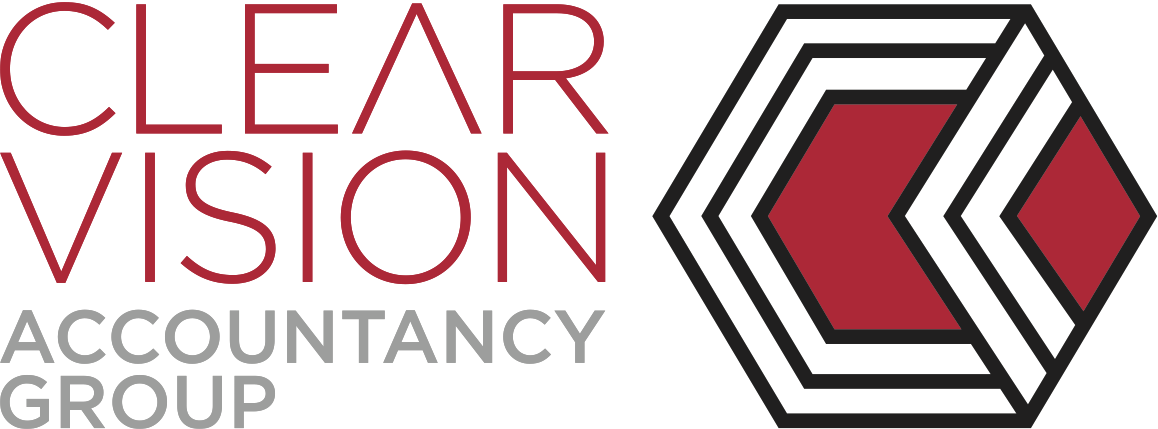Motivation is the key to performance
Unmotivated employees cost businesses money. Low productivity, high absenteeism, lessened loyalty and high turnover keep businesses from performing optimally.
Don’t think so? Consider what it costs your company in labour and direct cash every time you have to hire and train a new person. If you want a top performing business you have to take the role of motivating your employees seriously.
And don’t buy into the lazy view that only money counts and your small business can’t compete with the big guys. In spite of what people think it is not money that most motivates employees
When surveyed people most often rate “interesting work” as their top priority. This is closely followed by employees feeling appreciated, recognized for a job well done and feeling “in on things.”
Businesses that are known to have high team moral share several common characteristics:
- People feel they are treated fairly
- People feel valued and appreciated
- Recognition is given for good work and performance
- Wages are fair and meet industry standards
- People feel like they are doing important work
If you have concerns about team motivation Clear Vision can work with you to address the issue. In next week’s article we’ll discuss some options for improving morale.
The post Motivation is the key to performance appeared first on Clear Vision Accountancy Group.





